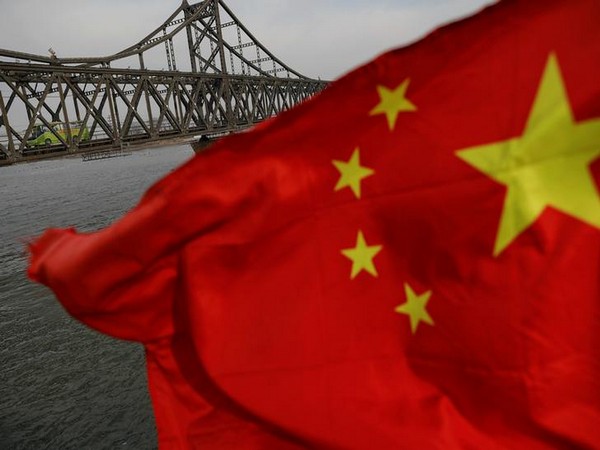China sees fall in manufacturing indicators after zero-Covid revocation
The Chinese manufacturing sector saw a sizeable contraction in December along with a spike in cases of Covid-19 in the country as the workforce is prevented from going to work, The Global Times reported.

- Country:
- China
The Chinese manufacturing sector saw a sizeable contraction in December along with a spike in cases of Covid-19 in the country as the workforce is prevented from going to work, The Global Times reported. The Global Times report cited a National Bureau of Statistics (NBS) majority of surveyed companies and said they expect the prospect to improve after the pandemic situation is eased. Although the same report says that China's official manufacturing Purchasing Managers' Index (PMI) has fallen to 47 from November's number of 48 and 49.2 in October this year. China's NBS Manufacturing PMI is the index that measures the manufacturing sector's performance and is derived from a survey of more large-scale, state-owned companies. Further according to the Global Times report the 50-point mark separates expansion from contraction on a monthly basis.
In the Global Times report, the pandemic has caused an impact on the supply and demand for manufacturing companies, reduced employee attendance, and disrupted logistics, according to NBS senior statistician Zhao Qinghe. On the other hand, several other indicators have also dropped in China that show the dropping manufacturing capacity of China because of the pandemic. The Global Times report further cites the NBS report saying the new order index came in at 43.9, down 2.5 percentage points from November, while the supplier delivery time index further dropped to 40.1, reflecting the impact of disrupted logistics, workforce shortages and transportation bottlenecks.
The drop in the non-manufacturing sector has also been felt because of the pandemic. The official non-manufacturing PMI in December stood at 41.6 versus 46.7 in November, according to NBS data. About 61.3 per cent of the surveyed firms said they felt a sizable impact from the epidemic, up 10 percentage points from that of November, according to the Global Times report. This comes at a time when China relaxed its controversial zero covid policy last month, the second-largest economy is struggling to deal with the meteoric rise in coronavirus cases throughout the country which is putting a burden on its healthcare system.
British virologist and biologist Jonathan Latham, Executive Director of the Bioscience Resource Project, a New York non-profit based in said that Beijing is clearly not being open and transparent about case numbers or deaths and that only accurate data can lead to good decisions in China and elsewhere. "China is early not being open and transparent about case numbers or deaths. This is true for many countries though. It would be great to have truly accurate information on those points, however, since only timely and accurate data can lead to good decisions in china and elsewhere. Good data would also test the theory that newer variants such as omicron have a lower inherent death rate," he said.
"The pandemic response of authorities has generally been very poorly thought out and executed. It is doubtful that warnings from China would have made a difference, either today or back in 2019/2020. Even western warnings in late 2019 were ignored," he added. Latham, who is a virologist, has been studying the origins of Covid-19 and the early events in China, before and after the pandemic outbreak. On China's controversial zero-Covid policy, he further said that due to reduced vigilance, it seems that China has lost control over the infection. (ANI)
(This story has not been edited by Devdiscourse staff and is auto-generated from a syndicated feed.)










